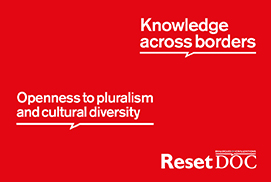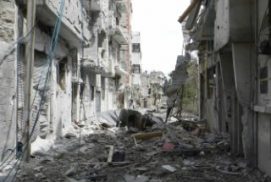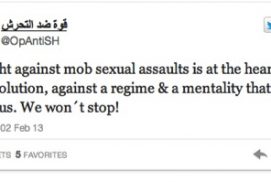26 June 2014
In her paper entitled The changing face of toleration Susan Mendus critiques the idea of toleration as acknowledgement, which she calls “new toleration”, in opposition to the more classical notion of toleration as not interfering in what we consider an object of disapproval (be these decisions, actions or forms of behaviour). In particular “new toleration” is not, in her opinion, able to answer new questions posed by religious toleration. These are in truth ‘surprisingly’ new issues, when considering that until a decade ago they seemed definitively resolved






